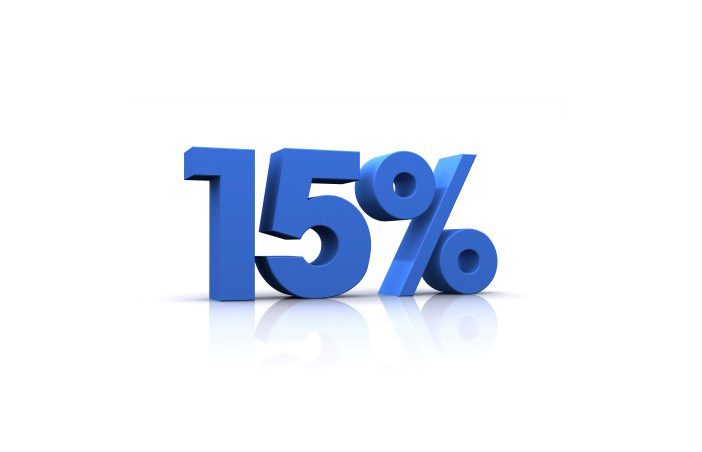- South Africa’s North Gauteng High Court has passed an order which will result in an average price increase of approximately 15% in the electricity tariff for standard tariff customers starting on 1 April 2021.
- This court decision allows South Africa’s energy utility, Eskom, to recover efficiently incurred costs for the production of electricity.
- It also contributes to the “user pay” principle and is likely to lessen the financial burden of supporting Eskom on the Government, releasing the government to focus on other priorities.
- Implementation of the order will allow Eskom to move towards addressing some of the revenue shortfalls and enable Eskom to recover prudently incurred costs for the production of electricity, which will help to improve Eskom’s financial sustainability.
The Eskom Chief Financial Officer, Calib Cassim welcomed the decision, and stressed that poor residential customers will continue to be supported through the free basic electricity programme, as well as affordability subsidies provided for in the NERSA tariff decision. Identified vulnerable industrial sectors will be considered by NERSA in terms of the short-term and long-term negotiated pricing agreements promulgated recently by the Department of Mineral Resources and Energy.
Related news: NERSA’s electricity tariffs increases are not fair to the South African public
This order is in response to Eskom requesting the execution of a High Court decision that allowed the recovery of incorrectly deducted Government equity support for the FY 2021/22. Since Eskom made this urgent application to the High Court, The National Energy Regulator of South Africa (NERSA) had made additional decisions related to recovery of efficient costs from previous years. The High Court order allows a further 5.44c/kWh increase.
Author: Bryan Groenendaal















